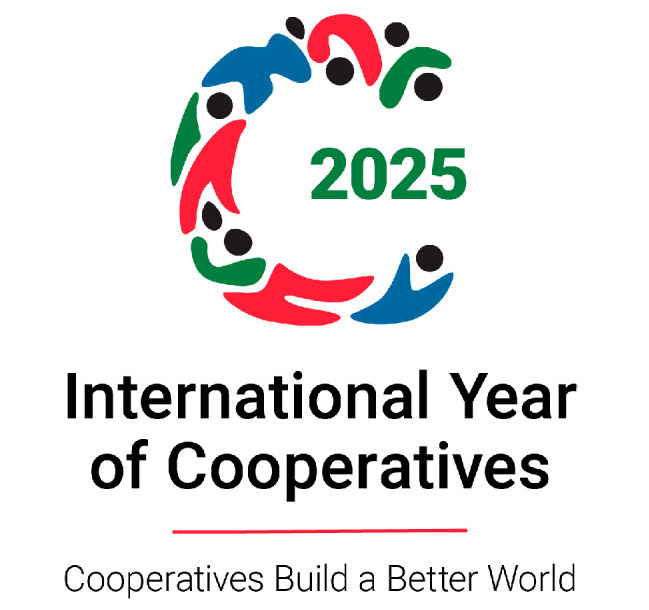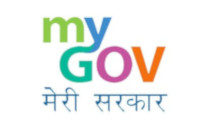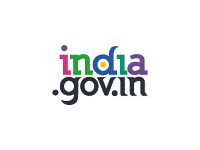- गोवा सरकारGovernment Of Goa
- स्वास्थ्य एवं परिवार कल्याण मंत्रालय

Goa’s Comprehensive Cancer Care Model: Innovation, Equity, and Impact
Goa, India’s smallest state by area, has long been celebrated for its vibrant culture and rich history. With over 450 years of Portuguese rule, Goa retains a unique blend of Eastern and Western influences. However, its westernised lifestyle also brings with it higher prevalence rates of non-communicable diseases (NCDs). Studies by NFHS and ICMR have consistently shown that Goa ranks among the top Indian states for conditions like diabetes, hypertension, cardiovascular diseases, and cancer.
According to GLOBOCAN 2022, India recorded over 1.4 million new cancer cases and nearly 917,000 cancer-related deaths. Lung cancer alone accounted for approximately 82,000 of these cases, making it one of the most fatal forms of the disease. In Goa, with a population of just 1.5 million, the annual cancer burden stands at around 1,200 to 1,500 new cases — of which 90 to 100 are lung cancer. These figures underscore the urgent need for robust cancer screening and treatment pathways.
Pioneering AI-Driven Lung Cancer Screening
In February 2024, Goa became the first state in India to deploy artificial intelligence (AI) for lung cancer screening at a public health scale. Through a collaborative initiative with AstraZeneca, Qure.ai and the Directorate of Health Services (DHS) – Goa, the state integrated AI-powered chest X-ray screening across 17 public healthcare centres — spanning primary, community, district, and tertiary facilities.
This deployment was made possible by Goa’s pre-existing digital X-ray infrastructure and a robust referral mechanism. Citizens can access these services, including follow-up CT scans, entirely free of cost — part of the government’s commitment to eliminating out-of-pocket expenditure for essential healthcare.
Strengthening Early Detection and Diagnostics
Complementing the AI initiative, Goa’s Free Drugs and Free Diagnostics Initiatives have expanded accessibility. Online drug distribution counters now operate at all levels up to PHCs. X-ray services are available in-house from the PHC level upward, &CT scan services are offered in South Goa district hospitals.
System-Wide Transformation and Improved Patient Navigation
The introduction of AI has reshaped cancer care delivery in Goa. A pink slip referral system and Patient Navigators have significantly reduced diagnostic delays. The wait time for a CT scan has dropped from 10 days to two for high risk subjects. AI-generated alerts help identify high-risk patients early, enabling timely diagnosis and treatment.
These interventions have already shown impact. Within months of implementation,AI has processed 54,145 x-rays & has identified 365 high risk nodules resulting in incidental detection of 4 lung cancer cases via the AI-enabled screening pathway. As tertiary centres scale up, detection rates are expected to rise.
End-to-End Care: From Prevention to Palliation
Goa’s commitment to holistic healthcare includes the full continuum of cancer care. The state recently launched a comprehensive palliative care program, offering home-based services, pain management, psychosocial support, and bereavement counselling. With over 14,000 home visits conducted since January 2023, the initiative ensures dignified care, especially for patients in advanced stages.
To further strengthen its oncology infrastructure, Goa is set to open a Tertiary Cancer Centre in collaboration with Tata Memorial Centre by next year. The centre will offer advanced diagnostics, treatment, academic programs, and maintain a hospital-based cancer registry. Plans are also underway to introduce proton therapy, an advanced radiation treatment, through a Centre-State partnership.
A state policy is being finalised to procure high-end medications at significantly reduced prices — 30–40% lower than retail — helping more patients access lifesaving therapies without financial burden.
A Model for the Nation
Goa’s integrated, equity-focused approach to cancer care is both scalable and sustainable. By leveraging AI, strengthening system infrastructure, and maintaining a strong commitment to public health funding, the state has demonstrated how smaller regions can lead national conversations in healthcare innovation.
The Goa model — which links screening, diagnosis, treatment, and palliative care under one vision — offers a template for comprehensive cancer care that other states may consider adopting.
Subscribe to our
Newsletter
***We Promise, no spam!









